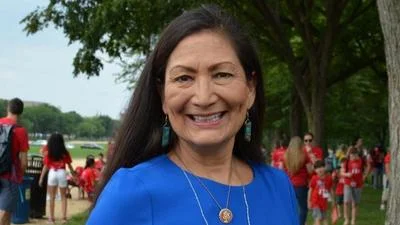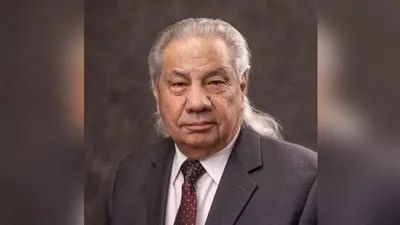Today, a coalition of advocates filed a brief urging a Texas appellate court to address hair discrimination in the Barbers Hill Independent School District. The brief supports the George family in their case against the district and calls for upholding the Texas CROWN Act, which prohibits public school districts from discriminating against hairstyles associated with race.
The coalition includes Black Parents and Families Collective, National Congress of American Indians, Students Engaged in Advancing Texas, Texas NAACP, the ACLU of Texas, and IDRA. They are represented by counsel at the Native American Rights Fund (NARF), ACLU of Texas, and IDRA.
Darryl George, a Black high school student in Texas, was denied education access due to his locs hairstyle. “This Court can and must put an end to this unnecessary and painful litigation – initiated by a school district against a minor child,” states the brief.
Barbers Hill ISD suspended George for violating dress codes despite the 2023 CROWN Act's protections. The law allows students to express cultural identities through their hair without facing discrimination.
IDRA Chief Legal Analyst Paige Duggins-Clay emphasized that any interpretation allowing destruction of protective styles would undermine legislative intent: “Scholars and the courts have expressly recognized that long hairstyles are common expressions of racial and cultural identity.”
The brief highlights that protective hairstyles like locs are linked to cultural identity among Black students. It also notes Indigenous students' need for long hair during cultural ceremonies.
ACLU of Texas Staff Attorney Chloe Kempf stated: “Neither Darryl George nor any student should ever have their education disrupted because of the way they wear their hair.” She urged full enforcement of the CROWN Act to protect students from discrimination.
NARF Legal Fellow Malia Gesuale explained how hair length rules affect Native students' religious beliefs: “Hair length rules force Native students to violate tenets of their religious and cultural beliefs in order to receive a public education.”
In addition to state law protections under the CROWN Act, federal courts recognize students' rights related to dress codes as part of free speech and religious freedom rights across schools in America.
###









